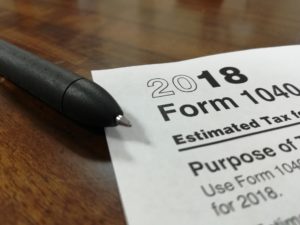 Today’s top story: Why rising car prices make gap insurance worth a look. Also in the news: The fed interest rate hike, and what a credit card authorized user is, how to apply for a credit card, and how to handle a windfall.
Today’s top story: Why rising car prices make gap insurance worth a look. Also in the news: The fed interest rate hike, and what a credit card authorized user is, how to apply for a credit card, and how to handle a windfall.
Why Rising Car Prices Make Gap Insurance Worth a Look
If your car is totaled or stolen and you owe more than it’s worth, gap insurance can help pay the difference.
Smart Money Podcast: The Fed Interest Rate Hike, and What’s a Credit Card Authorized User?
Higher interest rates may affect your mortgage and credit card payments, as well as everyday finances.
How to Apply for a Credit Card: Questions You’ll Be Asked
Applying for a credit card isn’t hard, but it helps to know in advance what information you’ll need.
‘Where’d the Money Go?’ How to Handle a Windfall
A windfall can either be a lifeline to short-term financial relief or a stepping stone to long-term financial stability.
 Today’s top story: What to look at before investing in a friend’s business venture. Also in the news: How Apple makes airport security less painful for some travelers, why you should stop using coupons, and 17 huge red flags from personal finance ‘influencers.’
Today’s top story: What to look at before investing in a friend’s business venture. Also in the news: How Apple makes airport security less painful for some travelers, why you should stop using coupons, and 17 huge red flags from personal finance ‘influencers.’ Today’s top story: How to keep your tax return from getting hung up. Also in the news: Why you might be rewarded if you can afford to wait to buy a home until late in the year, what to know before your business adds buy now, pay later, and how an airport car rental is more expensive than an off-airport car rental.
Today’s top story: How to keep your tax return from getting hung up. Also in the news: Why you might be rewarded if you can afford to wait to buy a home until late in the year, what to know before your business adds buy now, pay later, and how an airport car rental is more expensive than an off-airport car rental.